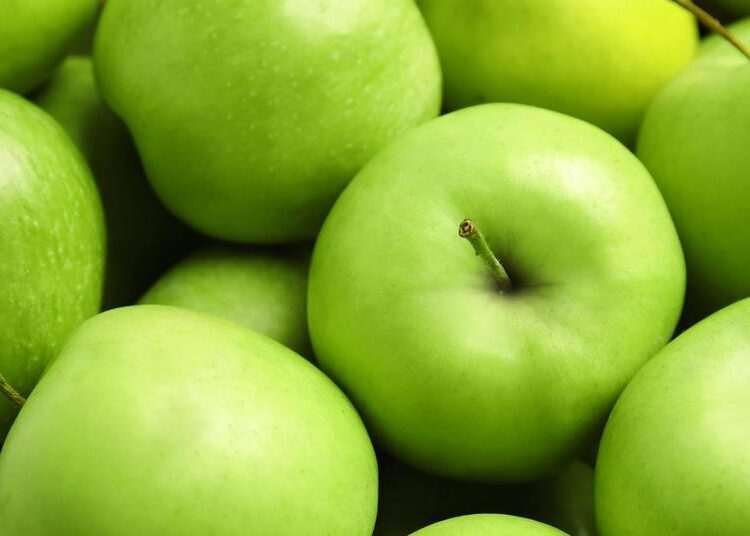In a significant development for global trade, Thailand has officially reopened its market to apples from South Africa, signaling a new chapter in the relationship between the two nations. This decision comes after years of restrictions imposed by Thailand on South African apple imports, primarily over phytosanitary concerns. While the resumption of trade is being celebrated, questions linger over the underlying motivations and the broader implications for both nations.
A Long Ban, Lifted at Last
Thailand’s stringent import regulations on agricultural products have been a sticking point for years. The ban on South African apples was initially justified on the grounds of pest control and phytosanitary risks. However, trade experts have long speculated that the restrictions were also a strategic move to protect Thailand’s domestic fruit industry. By controlling market access, Thailand ensured that local farmers faced minimal competition from foreign producers.
The decision to lift the ban follows extensive negotiations and compliance measures by South African exporters. The nation’s Department of Agriculture, Land Reform, and Rural Development worked tirelessly to meet Thailand’s strict import criteria, including pest control measures and quality assurances.
Economic Stakes for South Africa
For South Africa, the reopening of the Thai market is a much-needed win. Apples are a cornerstone of the country’s agricultural exports, and access to Asian markets is critical for maintaining growth in the sector. With a surplus of high-quality apples and stiff competition from other exporters like New Zealand and Australia, South Africa’s entry into Thailand provides an essential foothold in Southeast Asia.
“This is a significant achievement for South African farmers and exporters,” said an official from South Africa’s Fruit Export Council. “Thailand represents a dynamic and growing market with consumers who appreciate premium-quality produce. Reestablishing this trade route will contribute to the stability of our agricultural economy.”
Thailand’s Strategic Gains
From Thailand’s perspective, reopening the market is more than an economic decision—it’s a strategic one. By allowing South African apples back into its supply chain, Thailand diversifies its fruit imports while keeping its trade partners engaged. The move also strengthens Thailand’s position as a regional trade hub, showcasing its ability to balance protectionist policies with global trade commitments.
Moreover, the decision reflects Thailand’s growing need to meet the demands of its increasingly affluent and health-conscious population. South African apples, known for their quality and taste, align well with the preferences of Thai consumers, offering a variety not easily replicated by local produce.
Implications for Global Trade
The resumption of apple imports highlights the broader dynamics of international trade, where access to markets is often used as leverage in negotiations. For South Africa, the agreement demonstrates the importance of diplomacy and compliance in overcoming trade barriers. For Thailand, it reaffirms the nation’s role as a gatekeeper, capable of dictating the terms of economic engagement.
Trade analysts predict that this reopening could pave the way for similar agreements in the future. Other agricultural exporters eyeing the Thai market may now feel encouraged to invest in meeting Thailand’s standards, further integrating the nation into global supply chains.
Challenges Ahead
Despite the optimism, challenges remain. Thai farmers have voiced concerns about increased competition, and there is apprehension about whether imported apples might displace locally grown fruit. To address these issues, the Thai government has promised to monitor imports closely and implement measures to protect domestic agriculture.
On the South African side, maintaining compliance with Thailand’s regulations will require continuous effort. Exporters must invest in pest control measures, quality assurance systems, and logistical improvements to ensure that their products meet Thai standards consistently.
Looking Forward
As South African apples make their way back into Thai markets, both nations stand to benefit from the renewed trade relationship. For Thailand, the move reflects a balance between protecting local interests and embracing global trade. For South Africa, it is an opportunity to reclaim a critical market and bolster its agricultural exports.
The reopening serves as a reminder of the intricate dance of diplomacy and commerce, where every decision carries implications far beyond its immediate economic impact. In this evolving partnership, both nations have demonstrated that adaptability and negotiation are the keys to thriving in an interconnected world.







